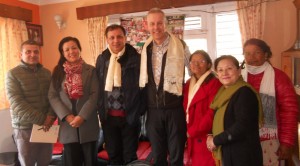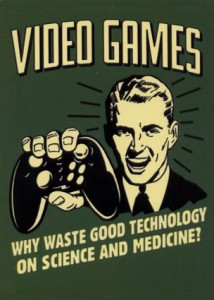 Please follow the links below to read about current thinking. An awareness of EU thinking could prove useful in the development of a considered application….
Please follow the links below to read about current thinking. An awareness of EU thinking could prove useful in the development of a considered application….
Gender
Marcin Grajewski writes – Equality between women and men is one of the European Union’s founding values. Under the “Strategic engagement for gender equality 2016-2019” policy plan, the EU seeks to increase female labour-market participation, reduce the gender pay gap, promote equality between women and men in decision-making, fight gender-based violence, and promote gender equality across the world. However, despite all efforts, such as adopting legislation on equal treatment, gender inequality remains a serious problem in Europe.
The note offers links to commentaries, studies and reports from major international think tanks on issues relating to gender inequality in the EU and other related topics.
Challenges For The EU
Written by Marcin Grajewski – The European Union faces challenges, such as in relation to migration and stagnant economic growth, which test its ability to offer solutions to its citizens. Some politicians and analysts have called for a reform of the EU to shore up popular support for European integration 60 years after the signing of the Treaty of Rome, which led to the creation of what is now the Union.
This note offers links to recent commentaries, studies and reports from major international think tanks on the state of the EU and possible reforms. Earlier papers on the State of the Union can be found in a September edition of ‘What Think Tanks are Thinking’. Other issues in the series offer links to reports on euro area reform and the impact of Brexit on the EU. They were published in September 2016 and in February 2017 respectively.
Guide To EU Funding 2014-2020
Vasilis Margaras writes – Finding the appropriate funding sources for a local authority, a public entity, a company or a Non-Governmental Organisation (NGO) can be a major problem. Information is scattered across many different sources and is often confusing and outdated. Read more…
The EPRS ‘Guide to EU Funding 2014-2020’ is a basic introduction to EU funding opportunities for regional and local authorities, NGOs, businesses, professionals and citizens. The objective is to provide an accessible list of the most important EU funds, and to provide potential beneficiaries with appropriate information on the opportunities the funding offers.
Why not register for updates from the European Parliamentary Research Service Blog so that they are delivered direct to your own inbox!
If you are considering applying for EU funding, please contact Emily Cieciura, RKEO’s Research Facilitator: EU & International.


 Horizon 2020 considers gender as a cross-cutting issue and it shall be adequately integrated in research and innovation content at the level of Work Programmes and projects. Applicants to Horizon 2020 calls are encouraged to include the gender dimension in their proposals. The European Commission is continuously looking for experts with gender expertise in all areas of Horizon 2020 calls to evaluate submitted research proposals.
Horizon 2020 considers gender as a cross-cutting issue and it shall be adequately integrated in research and innovation content at the level of Work Programmes and projects. Applicants to Horizon 2020 calls are encouraged to include the gender dimension in their proposals. The European Commission is continuously looking for experts with gender expertise in all areas of Horizon 2020 calls to evaluate submitted research proposals.














 SPROUT: From Sustainable Research to Sustainable Research Lives
SPROUT: From Sustainable Research to Sustainable Research Lives BRIAN upgrade and new look
BRIAN upgrade and new look Seeing the fruits of your labour in Bangladesh
Seeing the fruits of your labour in Bangladesh Exploring Embodied Research: Body Map Storytelling Workshop & Research Seminar
Exploring Embodied Research: Body Map Storytelling Workshop & Research Seminar Marking a Milestone: The Swash Channel Wreck Book Launch
Marking a Milestone: The Swash Channel Wreck Book Launch ECR Funding Open Call: Research Culture & Community Grant – Application Deadline Friday 12 December
ECR Funding Open Call: Research Culture & Community Grant – Application Deadline Friday 12 December MSCA Postdoctoral Fellowships 2025 Call
MSCA Postdoctoral Fellowships 2025 Call ERC Advanced Grant 2025 Webinar
ERC Advanced Grant 2025 Webinar Update on UKRO services
Update on UKRO services European research project exploring use of ‘virtual twins’ to better manage metabolic associated fatty liver disease
European research project exploring use of ‘virtual twins’ to better manage metabolic associated fatty liver disease